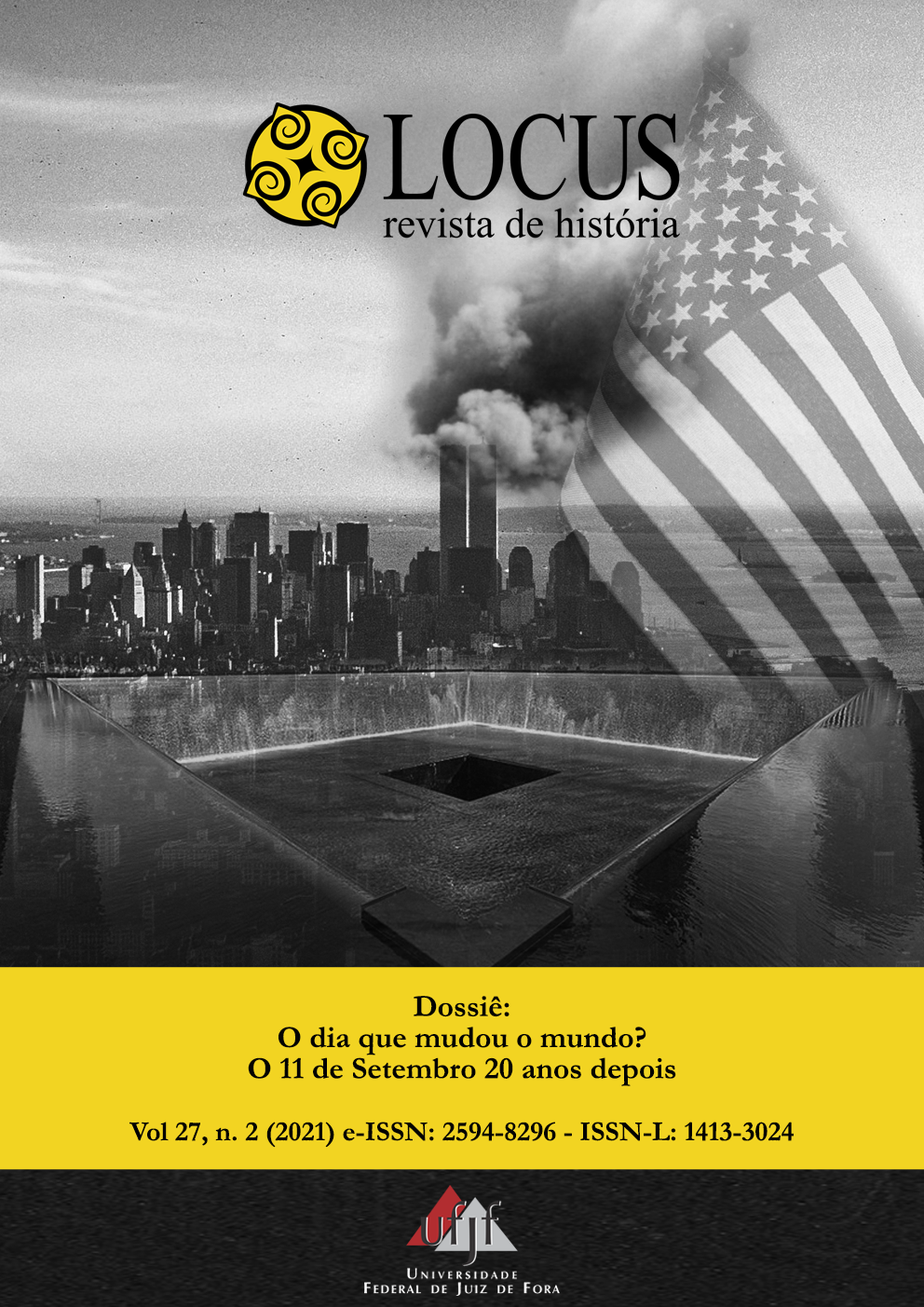Published 2021-09-10
Keywords
- Conspiracy theories,
- 9/11,
- Explanations of evil,
- Social sciences
How to Cite
Copyright (c) 2021 Hugo Pérez Hernáiz

This work is licensed under a Creative Commons Attribution 4.0 International License.
Abstract
Conspiracy theories are explanations of evil that present themselves as rational and scientific alternatives to scientific explanations. Conspiracy theories are not scientific aberrations but share with sciences the same anxieties of total control of the social and physical world. Conspiracy theories about the authorship of 9/11 events reveal efforts to adjust these theories to the socially legitimated explanation of evil. These theories, however, also include elements that make them particularly satisfactory explanations of this evil.
Downloads
References
- /11 Comission. Final Report of the National Commission on Terrorist Attacks Upon the United States. Washington, 2004.
- Bauman, Zygmunt. Modernidad y ambivalencia. Barcelona: Anthropos, 2005.
- Bernstein, Richard. The Abuse of Evil. The Corruption of Politics and Religion since 9/11. Cambridge, MA: Polity Press, 2005.
- Cohn, Norman. Warrant for Genocide. The Myth of the Jewish World Conspiracy and the Protocols of the Elders of Zion. Lodres: Serif, 1996.
- Evans-Pritchard, Edwards Evans. Witchcraft, Oracles, and Magic Among the Azande. Oxford: Clarendon Press, 1968.
- Fish, Stanley. “Truth and Conspiracy in the Catskill”. New York Times, 23 de agosto de 2010.
- Garfinkel, Harold. Estudios en Etnometodología. Trad. Hugo Pérez Hernáiz. Barcelona: Anthropos, 2006.
- Hofstadter, Richard. The Paranoid Style in American Politics and Other Essays. Londres: Jonathan Cape, 1966.
- Horkheimer, Max y Theodor W. Adorno. Dialéctica de la Ilustración. Fragmentos Filosóficos. Traducción de Juan José Sánchez. Valladolid: Trotta, 1998.
- Hume, David. Investigación sobre el conocimiento humano. Madrid: Alianza Editorial, 2004.
- Lotman, Yuri. “Caza de Brujas”. Revista de Occidente, n.329 (2008).
- Luhmann, Niklas. Confianza. Introducción de Dario Rodriguez Masilla. Barcelona: Anthropos, 2010.
- Meyssan, Thierry. La Gran Impostura. Madrid: La Esfera de los Libros, 2002.
- Pérez Hernáiz, Hugo. “Teorías de la Conspiración. Entre la Magia, el Sentido Común y la Ciencia”. Episteme Revista de Ciencias Sociales, n.2 (2009): 1-17.
- Popper, Karl. The Open Society and its Enemies. Londres: Routledge, 1995.
- Simmel, Georg. The Sociology of Georg Simmel. Traducido por Kart H. Wolf. Nueva York: The Free Press, 1950.
- Schutz, Alfred y Thomas Luckmann. The Structures of the Life-World. Tomos I y II. Evanston: Northwestern University Press, 1973.
- Tilly, Charles. Credit and Blame. Princeton: Princeton University Press, 2008. https://doi.org/10.1515/9781400829644
- Thomas, William I., y Dorothy S. Thomas. The Child in America: Behavior Problems and Programs. Nueva York: Knopf, 1928.
- Todorov, Tzvetan. Memoria del mal, tentación del bien. Indagación sobre el siglo XX. Vol. 2. Barcelona: Península HCS, 2002.
- Voegelin, Eric. The New Science of Politics. Chicago: Chicago University Press, 1952.
- Wartofsky, Mark. Introducción a la Filosofía de la Ciencia. Vol. I. Madrid: Alianza Universidad, 1976.
- Weber, Max. Sociología de la Religión. Edición de Enrique Gavilán. Madrid: Istmo, 1997

